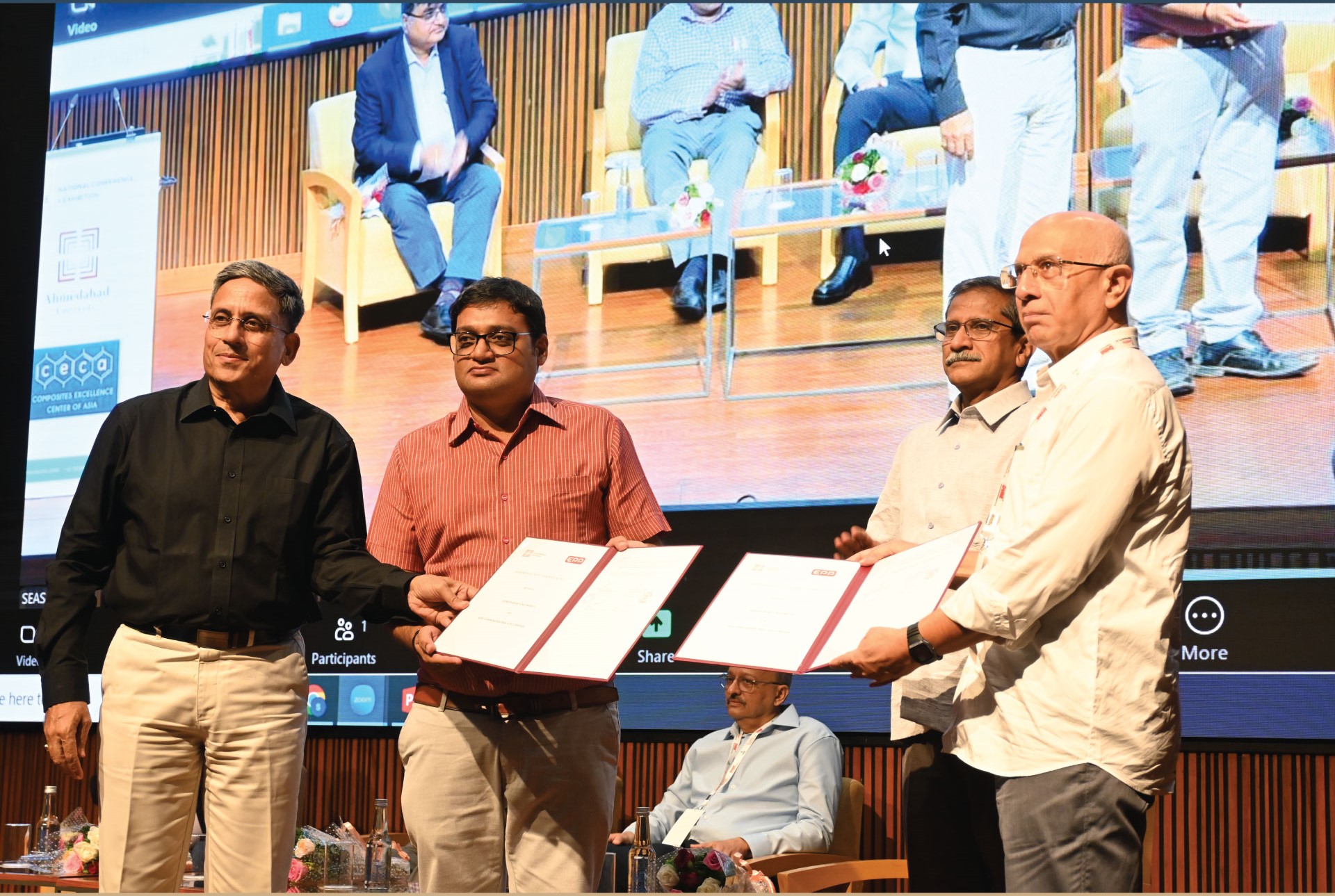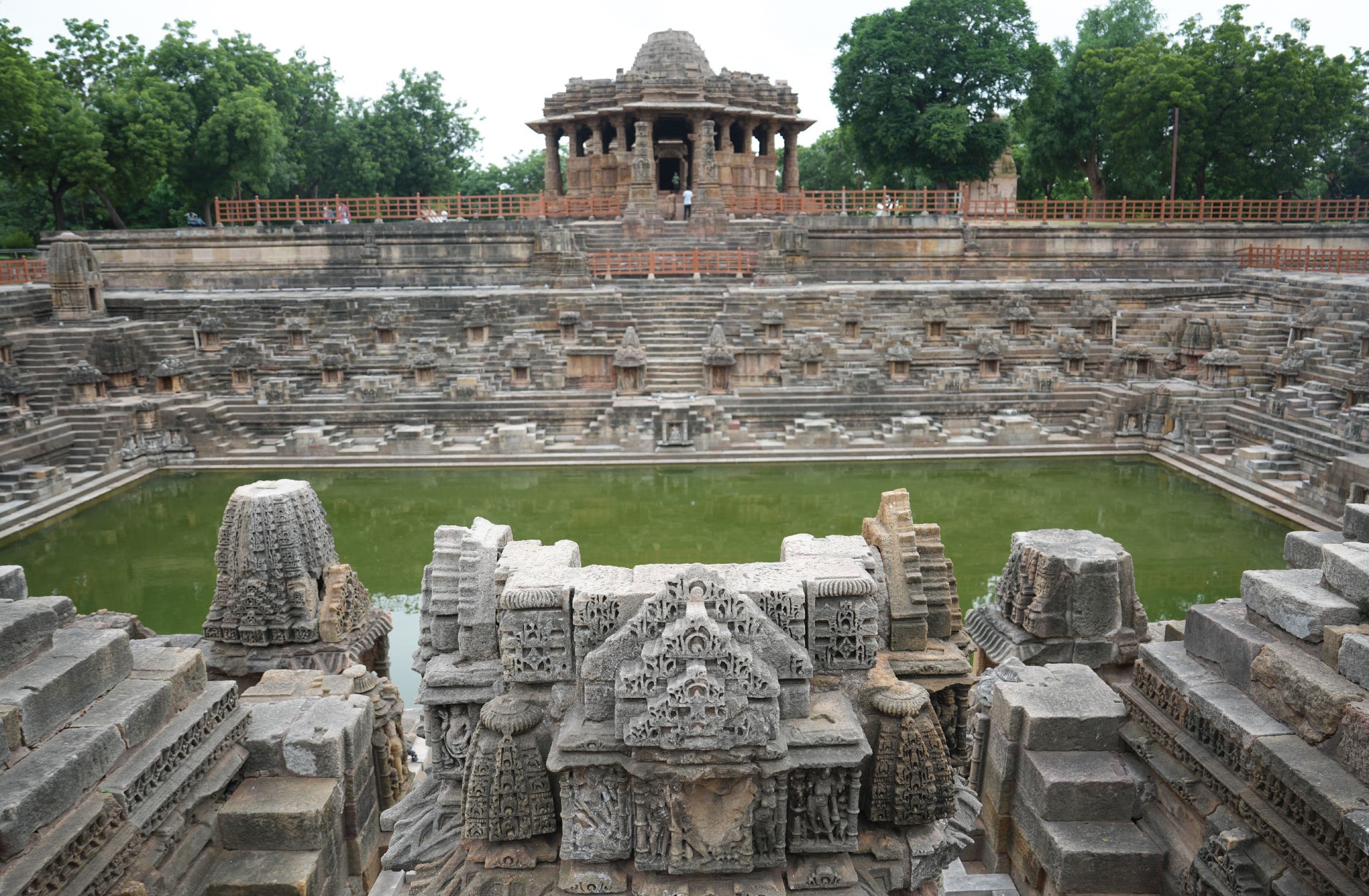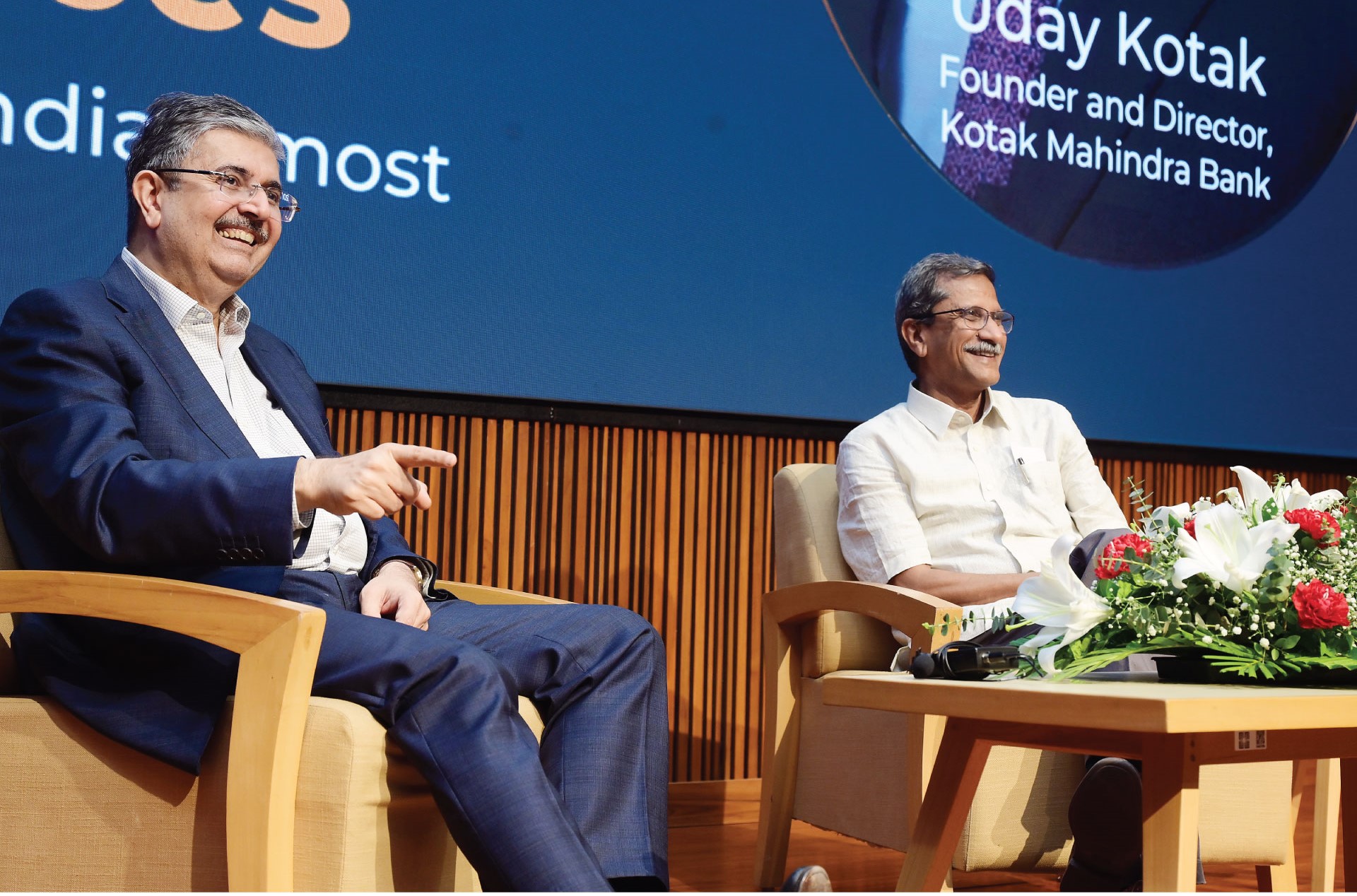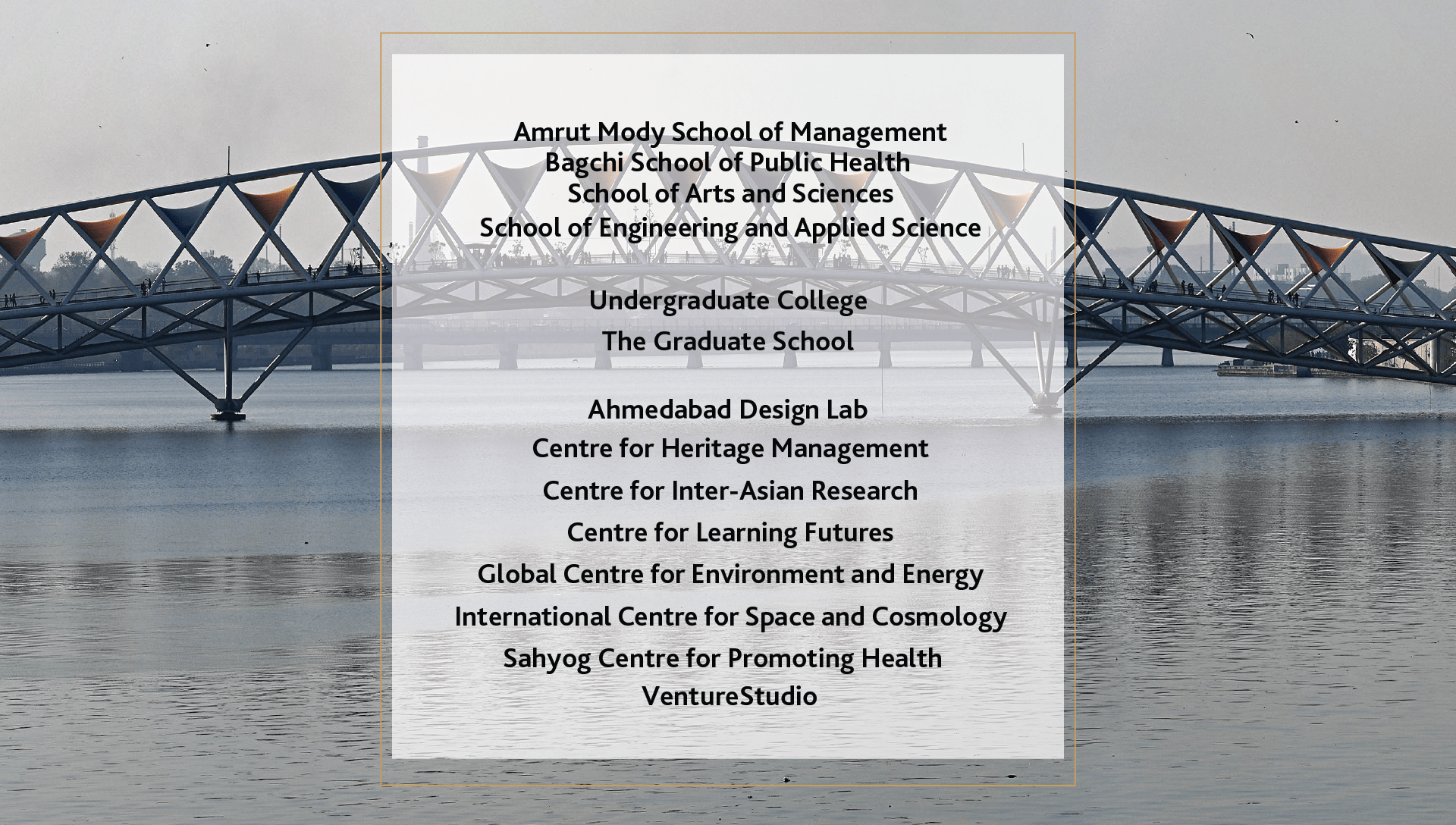 |
 |
 |
| |
| |
| From Aerospace to Protective Gears: Composites Offer a Wide-ranging Solutions |
Over the years, airfares have reduced significantly, making air travel accessible to all. While the fuel and other operational costs remain high, airfares remain affordable for the masses. This transition can be attributed to material shifts from metals to composites. Over 55% of commercial airplanes are made from composites, reducing weight drastically and costs, thus allowing planes to carry more passengers and cargo. The benefits of composites are also visible in other sectors, including defence, structural engineering, automotive, sports, et al.
Read More > |
 |
| |
| |
| |
| Need for Preservation and Management of Cultural Heritage |
 |
Research on Indigenous cultures often overlooks their worldviews, favouring universal frameworks. Countries with a rich heritage are succumbing to the issues of deteriorating heritage, further pushing environmentally marginalised communities to the fringes. The multi-layered cultural heritage comprises tribes from various regions with distinctive practices deeply rooted in their heritage. Despite the differences, these tribes share a common bond, connecting them to their heritage issues. The solution lies in incorporating these stories to make heritage truly inclusive.
Read More > |
| |
| |
| Examining the Role of Independent Publishers in Amplifying Voices of the Marginalised |
English-language independent publishers in India and South Asia play a vital role in bringing marginalised knowledge into mainstream academia, especially literature from Dalits, women, Muslims, and Adivasis. These publishers bridge the gap between writers and the public, significantly influencing the humanities and social sciences.
Despite facing challenges, these publishers promote new discourses. Ahmedabad University Professor Safwan Amir's essay, "Staying Relevant, Staying Committed: Publishing Margins in India," studied how these publishers struggle to disseminate the stories, shaping narratives in humanities and social sciences.
Read More > |
 |
|
| |
| |
| |
| Studying the Impact of Heat Stress on Ahmedabad’s Biodiversity |
 |
Rapid urbanisation and climate change will significantly impact urban populations, necessitating novel adaptation strategies to improve wellbeing. Gujarat's Ahmedabad and Surat have recorded a 69% rise in population between 2001 and 2011—additionally, the hot and humid climate results in considerable heat stress. Shomen Mukherjee, an Ahmedabad University professor, will use the land cover and temperature data for Ahmedabad to assess the influences of urban land cover and microclimate on biodiversity and human heat exposure under the NASA Research Opportunities in Space and Earth Science grant.
Read More > |
| |
| |
| |
| Gandhi’s Relevance in the Current Business Environment |
 |
"In corporate governance, India operates on two models: the Raja-Praja Model and the Gandhian Trustee Model," said Uday Kotak, Founder and Director of Kotak Mahindra Bank, in his lecture at Ahmedabad University. He explained, "In the Trustee Model, owners, shareholders, and managers act as custodians for all stakeholders, ensuring fairness.
The Raja-Praja Model, however, relies on the trust that the Raja knows best and becomes the sole decision-maker." While Uday Kotak favours the Trustee Model, we explore Ahmedabad University professors' views on which model better suits today's complex business environment.
Read More > |
| |
| |
| Ahmedabad University is a leading private, non-profit research university in India offering students a liberal education focused on interdisciplinary learning, practice orientation, and research thinking. Established in 2009, the University has four Schools and eight Centres: |
 |
|
|
|
|
|
|
|
|
|